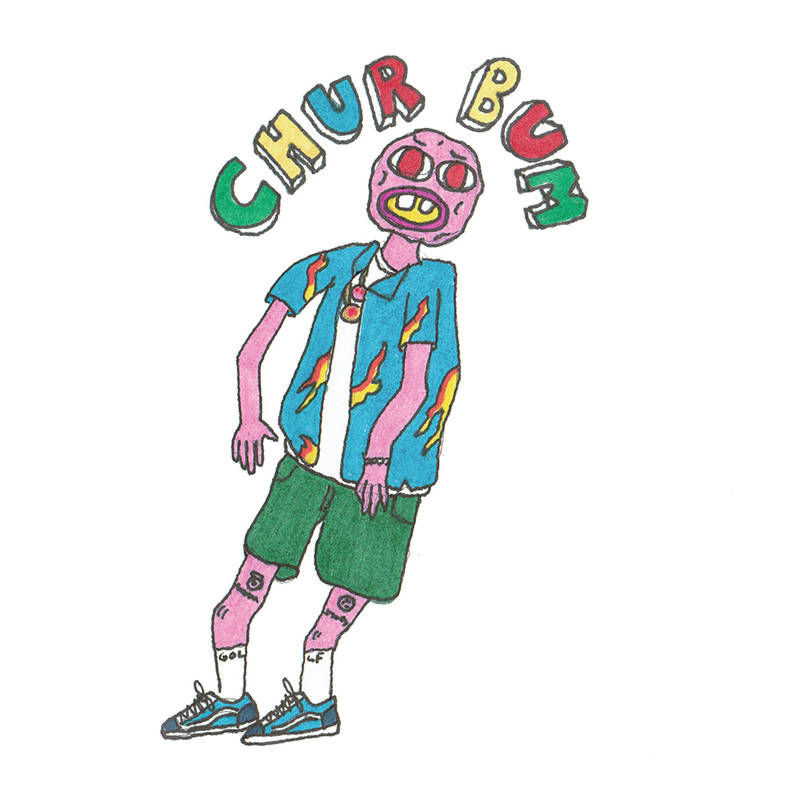Janis Joplin's Monterey Pop performance almost didn’t make it into D.A. Pennebaker's film.
- Adam Joseph

- Aug 25, 2020
- 2 min read
Updated: Aug 31, 2023
“Sometimes it’s just better not to think about it too long,” Mamas and Papas Michelle Phillips writes in the afterword of Harvey and Kenneth Kubernik’s A Perfect Haze: The Illustrated History of the Monterey International Pop Festival.
It's been over 50 years, but the stories, the myths and the lore surrounding the legendary Monterey Pop Festival never grow old.
Putting together a three-day music festival featuring over 30 acts (representing the well-established, the up-and-coming and the unknown) in just two months—and getting most artists to perform for free—was a huge undertaking.
It took a leap of faith and many phone calls to band managers and members of the Monterey City Council. Still, music entrepreneur, Grammy Award-winning record producer, songwriter, film director and film producer Lou Adler and the Mamas and the Papas John Phillips made it happen.
It helped that The Pop Fest was established as a legitimate charity event and assembled a “board of governors” that included Mick Jagger, Brian Wilson, Paul Simon, Smokey Robinson and Paul McCartney (the “board” never officially met, but Adler says the names on a letterhead helped secure many of the acts).
“I remember John and Lou very straight-faced saying [to Monterey officials], ‘There will be absolutely no drugs,’” Michelle Phillips told the New York Times. “They should have all gotten Academy Awards.”
The music of the Monterey Pop Festival has been the driving force behind its ability to keep us interested after all these years.
Adler runs down the list of the weekend’s many highlights, starting with Jimi and The Who. But Otis Redding's performance still makes the hair on the back of his neck stand up.
“The experience of that performance, to this day, was so giving and so taking by the audience,” Adler says. “It was just perfect. It was unbelievable. I could only imagine how I would have felt if D.A. Pennebaker didn’t turn on those cameras.”
One of the other performances that gives Adler chills whenever he revisits it is Janis Joplin's.
As the story goes, Pennebaker had no cameras rolling during Joplin's smoking Saturday afternoon set. The filmmaker had decided not to film Janis with her band Big Brother and the Holding Company because he knew little about the act—the group's debut record hadn't even hit stores yet.
When Janis caught wind of this, it brought her to tears. The electrifying set had concluded with a killer version of Big Mama Thornton’s “Down on Me.”
The hard-living Texas songstress convinced Pop Fest organizers to allow her and the band to perform a second set on Sunday. Joplin also made sure Pennebaker and his team would have their cameras on.
There weren't any regrets. A highlight from Joplin's performance was another Big Mama Thornton tune, "Ball & Chain" (see the video.) The angst, the emotion and the sincerity that emitted from deep within Joplin is a truth rarely seen in a performer. She exposed her soul without hesitation.
“Janis was a phenomenon,” Big Brother guitarist and original band member Sam Andrew told me before he passed in 2015. “You can’t replace that."



Comments